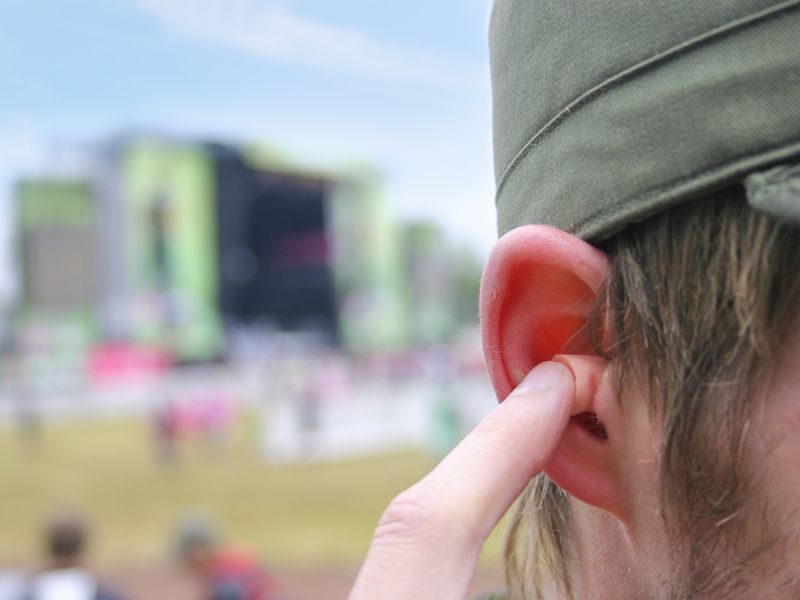
If you’re exposed to loud noises, for example running a lawnmower in your backyard, going to an arena to see your favorite band play, or merely sleeping in your own bed beside a snoring spouse, earplugs can be practical. Lowering the sound level is how earplugs can help in the first two instances. They help save your peace of mind and perhaps even your marriage, in the last situation, by enabling you to get a good night’s sleep. But are these ear protectors, in fact, causing harm to your hearing?
Why Utilize Earplugs in The First Place?
The argument for earplugs is fairly simple: Properly used, earplugs can reduce your exposure to excessive sound levels and thereby protect your hearing. Perhaps you’ve noticed that your hearing sounds different after you leave a loud venue, for instance, a football game with a noisy crowd, and you might also have symptoms of tinnitus. This happens because those super-loud noises can actually bend the small hair cells inside your inner ear. In a couple of days, when the hairs have recovered, it often goes back to normal.
But in certain circumstances, there is a constant assault on those tiny hairs, especially if you work in a noisy industry like the music business or around jet planes. As opposed to recovering after bending, the cells are permanently damaged. You’ve got just about 16,000 of those tiny cells in each cochlea, but up to 50% of them can be injured or ruined before your hearing has changed enough for the deficiency to appear in a hearing assessment.
Is it Conceivable to Damage Your Hearing by Wearing Earplugs?
With all that, you’d think that using earplugs would be a no-brainer in terms of protecting your ears. But particularly if you’re in scenarios where you’re subjected to loud noises on a regular basis (like on the job or with the above mentioned snoring partner), over-the-head earmuffs or noise-reducing (but not completely blocking) headphones are a smarter choice. Earplugs are better applicable to one-off scenarios such as a concert or sporting event than for regular use.
Why? The first problem is, earwax. Your ears create wax to protect themselves, and if wearing earplugs is something you do frequently, they will make more of it, and you’re likely to push it in with the plugs. This can cause problems like impacted earwax, which can trigger tinnitus and other hearing issues.
Ear infections can also result from too much use of earplugs. They can become bacteria breeding grounds if you wear the same pair but fail to properly clean and disinfect them. Ear infections are, at the very least, an uncomfortable inconvenience. If left untreated, in the worst situations, they can trigger an ear infection.
How Can You Make Use of Earplugs Without Risk?
Earplugs nevertheless have a strong upside, whether it’s safeguarding your hearing or getting a restful night’s rest. You just have to be certain you’re using the right kind and utilizing them the right way. The porous material of foam earplugs is a germ sanctuary so it’s a helpful thing that they are the least expensive. Don’t put silicone or wax earplugs back in your ears until they are totally dry after utilizing warm water to entirely sanitize them. Buildup of dampness can cause mold and bacteria so store your earplugs in a well ventilated place.
If you need or want to wear earplugs on a regular basis, you might want to consult us about having custom-made earplugs. These are crafted from unique molds of your ears, they’re reusable and because they’re fitted to your ears, their comfortable. But it’s essential not to forget, good earplug hygiene can prevent hearing impairment.